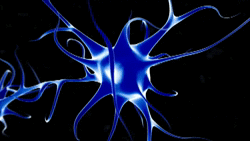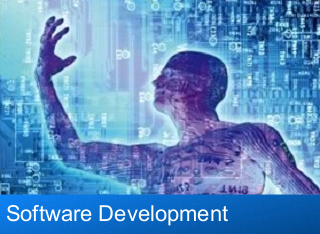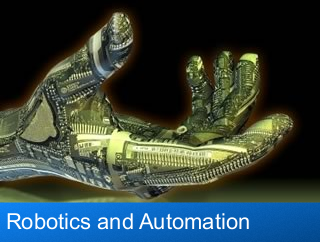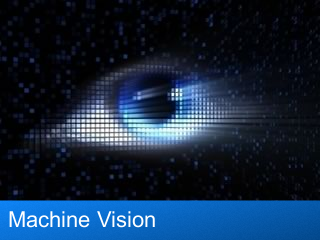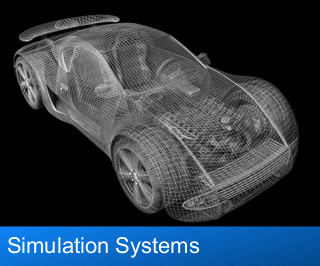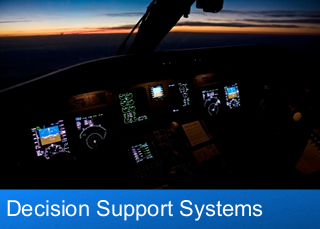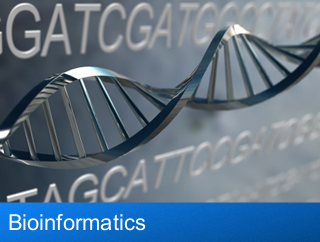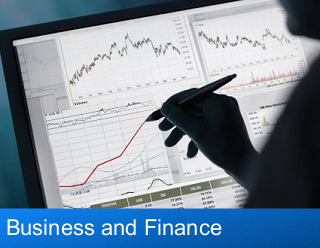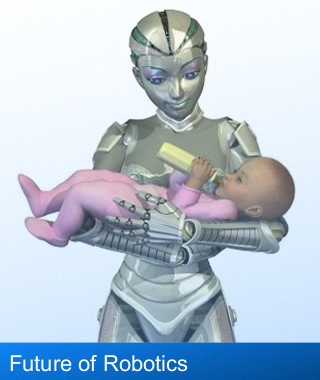Decentralized Autonomous Organizations (DAOs) have gained significant attention in the cryptocurrency and blockchain space in recent years. These entities are characterized by their decentralized nature, with decision-making processes being executed through smart contracts and automated governance mechanisms. This innovation has the potential to revolutionize the way investments are made in the digital asset ecosystem.
DAOs are essentially organizations that operate without centralized control and are governed by a set of rules encoded in smart contracts. These rules dictate how decisions are made, funds are managed, and members are rewarded. The beauty of DAOs lies in their ability to operate autonomously, removing the need for human intervention in the decision-making process.
One of the key advantages of DAOs is their ability to enhance transparency and trust in the investment process. Traditional investment vehicles often lack transparency, with investors having little insight into how their funds are being managed. With DAOs, all transactions and decisions are recorded on the blockchain, providing a transparent and immutable record of the organization’s activities.
Furthermore, DAOs can significantly reduce the barriers to entry for investors, particularly in the world of cryptocurrencies. Traditional investment vehicles often have high fees and minimum investment requirements, making it difficult for retail investors to participate. DAOs, on the other hand, typically have lower fees and allow investors to participate with smaller amounts of capital.
Another key benefit of DAOs is their ability to facilitate decentralized decision-making. In traditional organizations, decisions are often made by a centralized authority, leading to potential biases and conflicts of interest. In contrast, DAOs rely on consensus mechanisms to make decisions, ensuring that all stakeholders have a voice in the process.
The future of DAOs in enhancing smart crypto investments looks promising, with several trends and developments pointing towards their increasing adoption and impact. One such trend is the rise of decentralized finance (DeFi), which leverages blockchain technology to create a more open and accessible financial system. DAOs play a crucial role in the DeFi ecosystem, providing governance and decision-making mechanisms for various DeFi protocols.
Another trend driving the adoption of DAOs is the increasing interest in tokenized assets. These digital assets represent ownership in real-world assets, such as real estate or art, and can be traded on blockchain networks. DAOs can be used to manage and govern these tokenized assets, providing a decentralized and efficient way to invest in traditional assets.
In addition, advancements in blockchain technology, such as the emergence of scalable and secure networks like Ethereum 2.0, are making it easier for DAOs to operate efficiently and securely. These technological developments are paving the way for the mainstream adoption of DAOs and their integration into existing investment platforms.
One of the challenges facing DAOs is regulatory uncertainty and compliance issues. As these entities operate in a decentralized manner, it can be Luna Max Pro difficult to determine legal responsibilities and obligations. Governments around the world are still grappling with how to regulate DAOs, which could potentially hinder their growth and adoption.
Despite these challenges, the potential of DAOs in enhancing smart crypto investments is undeniable. These entities offer a new paradigm for investment management, providing transparency, accessibility, and decentralized decision-making. As blockchain technology continues to evolve and mature, we can expect to see DAOs play an increasingly important role in the digital asset ecosystem.

